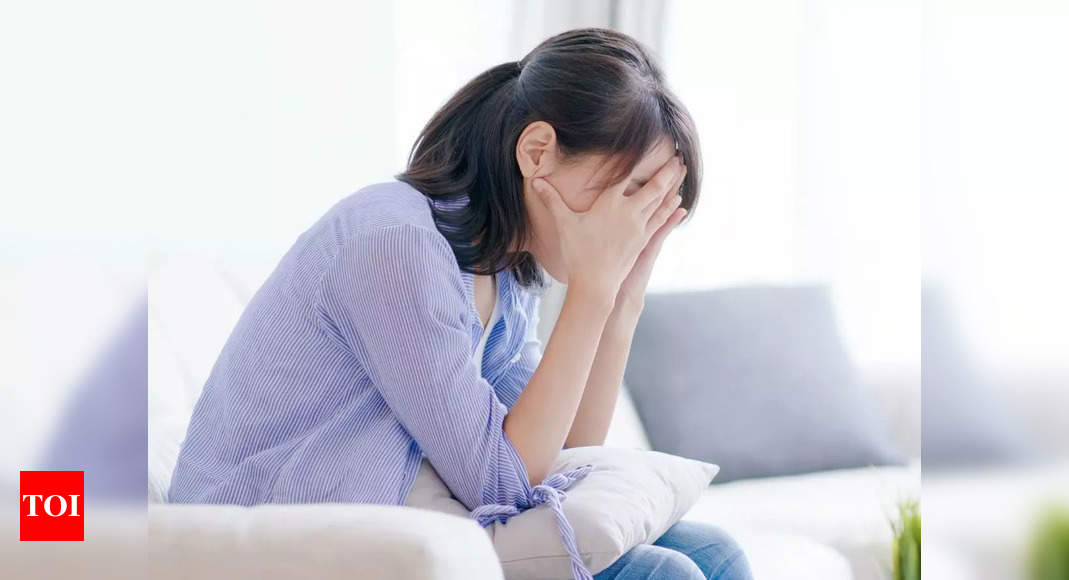PCOS (Polycystic Ovary Syndrome) is a complex hormonal disorder, most common in women, with a prevalence of 3-22% in India (10% of adults and 20% of adolescents are have this problem). The exact cause of PCOS is still unknown, genetics, environmental factors, and lifestyle contribute to this problem. PCOS is associated with many problems such as cosmetic problems – unwanted facial and body hair (like men), acne, scalp hair loss, oily skin; weight gain, dark skin; scanty menstruation or heavy, irregular menstruation; infertility or difficulty conceiving; depression and anxiety; diabetes, high blood pressure, high cholesterol; increased risk of uterine cancer with long-term disease. Depression and anxiety are particularly worrying symptoms of PCOS, as they sap a person’s vitality and make it difficult to seek help and adjustment. According to studies, rates range from 28 to 64% (for depression) and 34 to 57% (for anxiety) in women with PCOS, with suicide rates seven times higher in women. times, compared with about 19% in people without the condition. Similarly, significantly more patients with PCOS than community controls reported having an eating disorder (12% vs 4%) and/or social phobia (27% vs 2 %), which can cause medical, psychological, social and occupational difficulties. All of these things negatively affect the patient’s sex life. Depression -Most common signs and symptoms: Different people can react to depression differently. – Fatigue, low energy levels – loss of interest in work – Sadness, feelings guilt, low self-esteem – Helplessness, Anxiety – Sleep disorders – Changes in appetite – Weight fluctuations (also a sign of PCOS) – Concentration problems – Ineffective decision making result- Having suicidal thoughts Women get it PCOS has a higher risk of depression for several reasons: – The ovaries produce large quantities of androgens. – Insulin resistance affects about 70% – Obesity – Chronic inflammation is linked to elevated cortisol levels, leading to stress and depression. – Infertility problems, weight gain and dermatological symptoms (acne, hair loss and excessive hair growth) can all be harmful to mental health. All women with PCOS should be tested for depression. There are standard questionnaires to do so. Phq 9 is recommended in India. What are the treatment options? Lifestyle modifications such as exercise, yoga, meditation, healthy diet are recommended for all women with PCOS.- Psychologist consultation.- Antidepressants in major and minor depression female with suicidal thoughts. Therapy Options :- Cognitive behavioral therapy teaches coping techniques, helps explore and change problematic thinking patterns.- Interpersonal therapy is a type of therapy that focuses on solving problems in personal relationships.- Psychodynamic treatment focuses on identifying and analyzing harmful behavioral patterns resulting from previous experiences, as well as efforts to change them.- The Support groups allow a person to meet people in similar situations and gain new perspectives. This article is written by Dr. Chandrika Anand MD, DNB, Consultant Obstetrics and Gynecology, Fortis Hospital, Nagarbhavi. Director, PCOS Center, Southern Regional Coordinating Endocrine Committee, FOGSI India.










